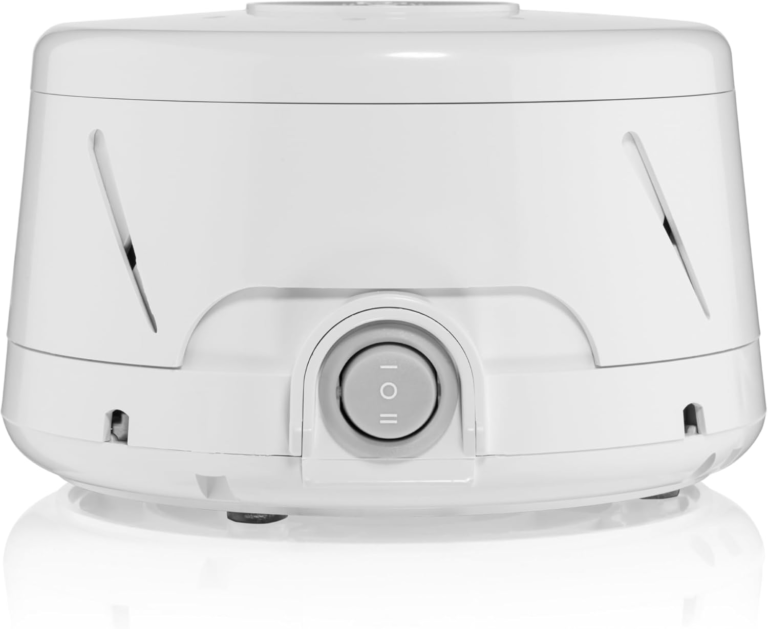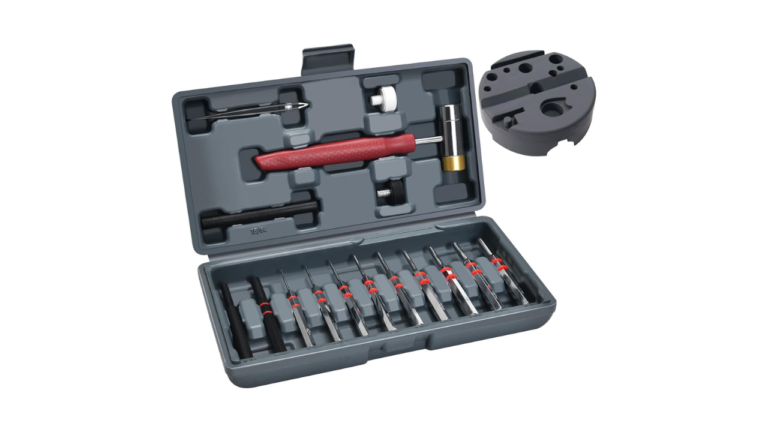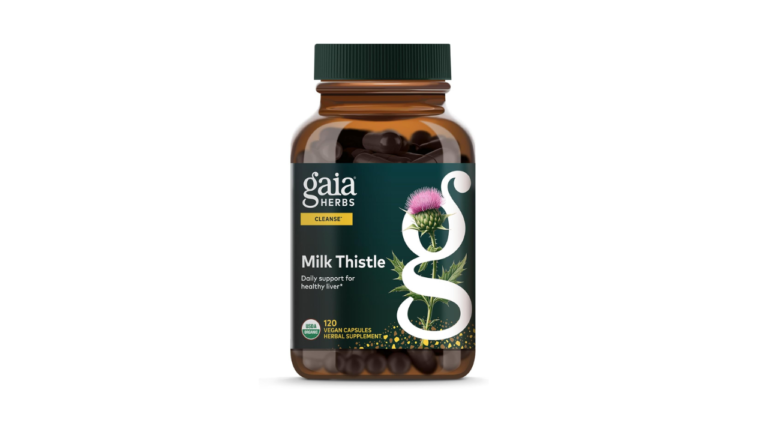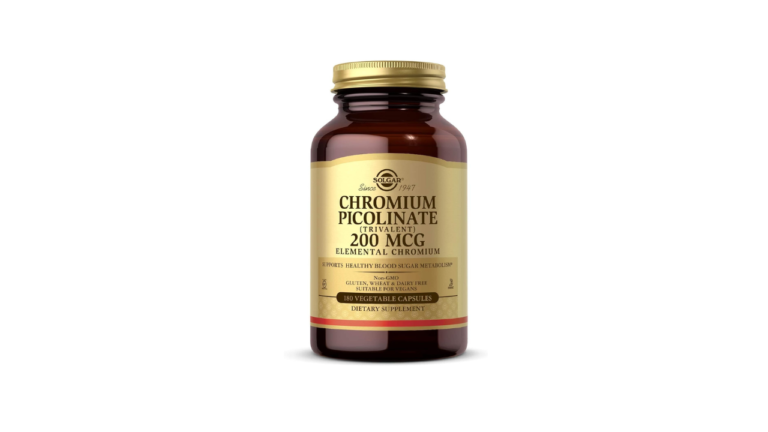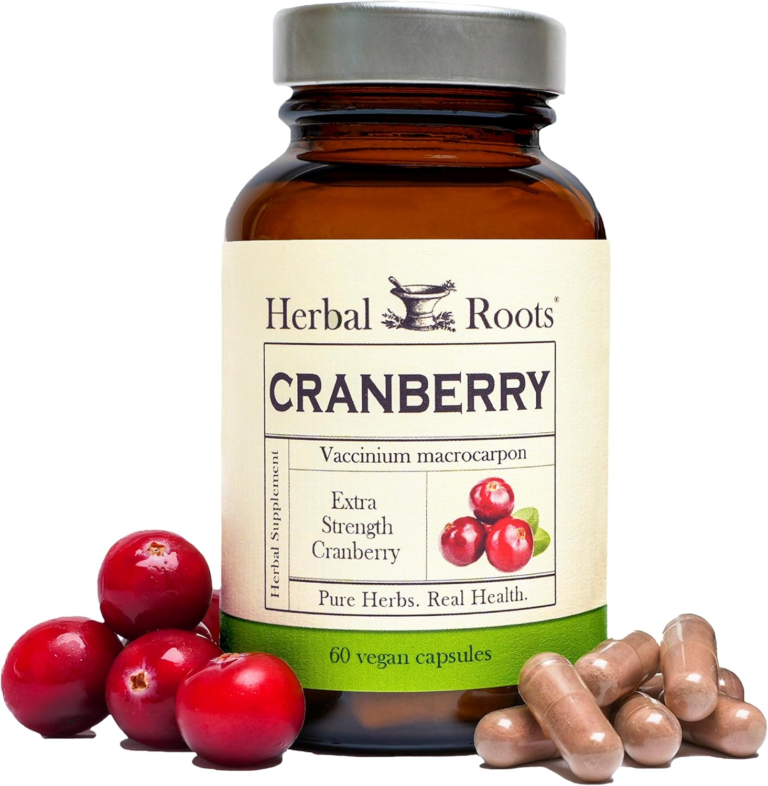Managing high blood pressure (hypertension) often involves lifestyle changes like a healthy diet, regular exercise, and stress management. Supplements can provide additional support when used alongside these changes and under medical supervision. Based on recent research and expert reviews, here are some of the best supplements for high blood pressure in 2025, focusing on evidence-backed options with minimal side effects. Always consult a healthcare professional before starting any supplement, especially if you’re on medication, as some can interact with prescriptions.
Top Supplements for High Blood Pressure in 2025
1. Magnesium
- How It Works: Magnesium helps relax blood vessels by increasing nitric oxide production, which reduces vascular resistance and lowers blood pressure. It also counteracts calcium’s constricting effect on blood vessels.
- Evidence: A 2024 meta-analysis found that magnesium supplementation (at least 400 mg daily for 12 weeks) reduced both systolic and diastolic blood pressure, especially in those with hypertension.
- Recommended Dosage: 200–400 mg per day (forms like magnesium glycinate or citrate are well-absorbed).
- Sources: Found in spinach, almonds, pumpkin seeds, or supplements like Transparent Labs Magnesium Bisglycinate.
- Precautions: May cause mild side effects like nausea or low blood pressure. Avoid high doses if you have kidney issues.
- Why It’s Top-Rated: Minimal side effects, multiple health benefits (e.g., improved sleep), and strong evidence for blood pressure reduction.
2. Omega-3 Fatty Acids (Fish Oil)
- How It Works: Omega-3s (EPA and DHA) reduce inflammation, improve blood vessel function, and decrease vasoconstriction, lowering blood pressure.
- Evidence: A 2022 review in the Journal of the American Heart Association found that 2–3 g daily of omega-3s lowered blood pressure, with greater benefits in those at higher cardiovascular risk.
- Recommended Dosage: 1,000–2,000 mg of EPA/DHA daily, from fish oil supplements or fatty fish like salmon.
- Sources: Fish (salmon, mackerel), flaxseeds, or supplements like Ritual Omega-3 DHA & EPA.
- Precautions: May cause mild side effects like heartburn or increase bleeding risk, especially with blood thinners.
- Why It’s Top-Rated: Broad cardiovascular benefits and well-researched effectiveness.
3. Garlic (Aged Garlic Extract)
- How It Works: Garlic contains allicin, which relaxes blood vessels and reduces inflammation, improving circulation and lowering blood pressure.
- Evidence: A 2020 meta-analysis of 12 trials showed garlic supplements reduced systolic and diastolic blood pressure comparably to some antihypertensive drugs, reducing cardiovascular risk by 16–40%.
- Recommended Dosage: 600–1,200 mg daily (aged garlic extract is odorless and gentle).
- Sources: Fresh garlic, aged garlic supplements like Kyolic.
- Precautions: May increase bleeding risk; consult a doctor if on blood thinners.
- Why It’s Top-Rated: Strong evidence, minimal side effects, and historical use for heart health.
4. Potassium
- How It Works: Potassium balances sodium levels, reducing tension in blood vessel walls and promoting relaxation.
- Evidence: A 2025 study suggested increasing potassium while lowering sodium is effective for blood pressure control, especially in high-sodium diets.
- Recommended Dosage: 2,500–3,500 mg daily from food or supplements (check with a doctor for supplements).
- Sources: Bananas, sweet potatoes, avocados, or potassium supplements.
- Precautions: High doses can cause serious issues like heart rhythm problems, especially in those with kidney disease or on certain medications.
- Why It’s Top-Rated: Effective for sodium-sensitive hypertension, but requires medical oversight for supplementation.
5. Coenzyme Q10 (CoQ10)
- How It Works: CoQ10, an antioxidant, supports heart function and improves blood vessel elasticity, potentially lowering blood pressure.
- Evidence: A review of 17 studies showed CoQ10 (100–200 mg daily) reduced systolic blood pressure by up to 11 mmHg, though results are mixed for those with normal blood pressure.
- Recommended Dosage: 100–200 mg daily, taken with food.
- Sources: Fatty fish, organ meats, or CoQ10 supplements like Qunol.
- Precautions: May cause mild nausea or interact with warfarin or insulin.
- Why It’s Top-Rated: Promising for those with hypertension, though more research is needed.
Additional Notable Supplements
- Beetroot (Nitric Oxide Booster): Contains nitrates that promote vasodilation. GoodRx notes beetroot juice can lower blood pressure, with supplements like humanN SuperBeets Heart Chews being popular. Dosage: 500 mg beetroot powder or equivalent.
- Hibiscus: Acts as a diuretic and relaxes blood vessels. Found in supplements like ULTALIFE, it’s effective but may take weeks to show results.
- Vitamin D: May help if levels are low, but evidence is inconsistent. A 2025 meta-analysis showed modest blood pressure reductions. Dosage: 1,000–2,000 IU daily after testing levels.
- L-Arginine: Boosts nitric oxide to relax blood vessels. Effective at 3–6 g daily, but best for prehypertension or specific cases.
Key Considerations
- Safety: Supplements are not FDA-regulated for efficacy, so choose third-party-tested brands (e.g., USP or NSF-certified). Avoid high doses of supplements like niacin or licorice, which can raise blood pressure.
- Interactions: Magnesium, omega-3s, and garlic can interact with blood thinners or other medications. Potassium requires caution with kidney issues or certain drugs. Always consult a doctor.
- Effectiveness: Supplements typically lower blood pressure by a few points (e.g., 5–11 mmHg systolic), so they’re best for mild hypertension or as an adjunct to lifestyle changes and medications.
- Top Products: Based on reviews, PurePremium Blood Pressure Support (with hawthorn, hibiscus, and garlic) and NOW Blood Pressure Health (with grape seed and hawthorn) are highly rated for their natural ingredients and effectiveness.
Recommendations
For the best results, combine supplements with a Mediterranean diet (rich in fruits, vegetables, and potassium), regular exercise (150 minutes/week), and stress management. Magnesium, omega-3s, and garlic are the most evidence-backed and safest options for most people. Start with one supplement, monitor your blood pressure, and work with your doctor to ensure compatibility with your health plan. For specific product details, check trusted sources like Consumer Health Digest or GoodRx.
Read More:

5 Best Supplements for Heart Health in 2025
Health August 22, 2025
Heart health remains a top priority, and in 2025, research continues to highlight supplements that can support cardiovascular wellness. Below, we explore five of the best

The Best Supplements for Fatty Liver in 2025
Health August 1, 2025
Supplements for Fatty Liver in 2025: Support Liver Health Naturally Non-alcoholic fatty liver disease (NAFLD) is one of the most common liver conditions worldwide, affecting nearly 1…
